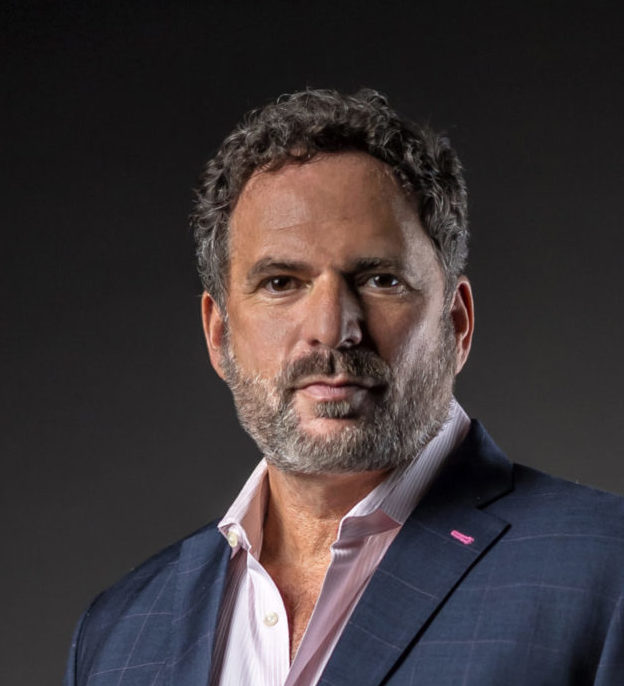By Howard Dvorkin, CPA
For nearly three decades, I’ve launched and sold businesses that rely heavily on call centers. To cope with a possible COVID-19 pandemic that could affect my current call center-heavy business Debt.com, I’m dusting off my disaster recovery plans. Maybe you should, too.
Hurricanes and pandemics are different kinds of tragedies, but many of the procedures are similar. In 2005, Hurricane Wilma knocked out power to the headquarters of my previous business in Plantation. We quickly communicated with our counselors and customer service reps and set them up to work from home.
Of course, many had lost power, which is unlikely with COVID-19, and technology is much better than it was 15 years ago. So I have no doubt COVID-19 will prove manageable with enough preparation.
I’m certainly not downplaying the seriousness of the virus, and I endorse the wisdom of other business thought leaders who are advising both caution and action. The best are encouraging five initiatives:
• Stay current with local and state updates.
• Send sick employees home and liberalize company attendance policies.
• Keep workplaces clean and promote and encourage hand washing.
• Limit non-essential travel and office visitations.
• Mind the law.
That last one means employers can’t do what employers did in China: Force employees take their temperature in the workplace, require medical exams without cause, or send employees home without considering the wage and hour guidelines. Employees can’t sue you for being exposed to a virus as long as the company made a good faith effort to contain it. That said, they can and will sue you for wage and hour discrimination and other violations of employment law.
For employers with call centers, working through a pandemic is easier than running a business with face-to-face customer interactions. If you haven’t already tasked your IT staff with devising a process for smoothly setting up your call center at the homes of your employees, get them on it now. Even if COVID-19 doesn’t become a bigger health crisis than it is today, this won’t be wasted work. You should have such a plan in place for any type of disaster that might strike.
However, it’s not enough to prepare your employees to work remotely, handling the same workload they do today in the office. Depending on your business, you might see more call volume, not less.
For example, I’m chairman of Debt.com, which helps Americans get out of all forms of debt, from credit cards to student loans to tax problems. We fully expect to do more volume should Americans be asked—or forced—to quarantine. For starters, many hourly wage earners will find their income severely limited. With nothing else to do, we expect them to finally tackle their financial demons without the usual distractions of everyday life.
Likewise, even salaried employees will be sitting at home. What we’ve learned from past natural disasters applies here: After power is knocked out and we can’t go anywhere, we tend to take care of all the chores we’ve been putting off. We might clean the garage and make household repairs. We’ve found people use undistracted time to finally consider fixing their finances. Thus, I expect to see more call volume from both hourly and salaried employees should a usually regional emergency become a nationwide one.
Finally, here’s a scenario that doesn’t apply to me but does to many others: If you run a call center for a business that competes with brick-and-mortar establishments, you might see more call volume because your competitors’ customers will still do business, but over the phone. While you struggle to move employees to home offices, you might direct your marketing staff to ramp up your messaging, especially your on-hold messaging, as well as targeting your brick-and-mortar competition.
For those who don’t own businesses, such practical planning might smack of cold-heartedness. To the contrary, such planning is the essence of compassion. Employees want to keep their paychecks coming, and all Americans want life to return to normal as soon as possible. Taking care of your employees and your customers is the best thing you can do. ♦









